Navigating the World at Your Fingertips: The Power of Location-Based Services
Related Articles: Navigating the World at Your Fingertips: The Power of Location-Based Services
Introduction
With enthusiasm, let’s navigate through the intriguing topic related to Navigating the World at Your Fingertips: The Power of Location-Based Services. Let’s weave interesting information and offer fresh perspectives to the readers.
Table of Content
- 1 Related Articles: Navigating the World at Your Fingertips: The Power of Location-Based Services
- 2 Introduction
- 3 Navigating the World at Your Fingertips: The Power of Location-Based Services
- 3.1 Understanding the Essence of Location-Based Services
- 3.2 The Benefits of Location-Based Services: A Multifaceted Advantage
- 3.3 Understanding the Types of Location-Based Services
- 3.4 The Power of Location Data: Balancing Utility and Privacy
- 3.5 Navigating the Future of Location-Based Services
- 3.6 FAQs by Maps Near Me
- 3.7 Tips by Maps Near Me
- 3.8 Conclusion by Maps Near Me
- 4 Closure
Navigating the World at Your Fingertips: The Power of Location-Based Services

In the digital age, our relationship with the physical world has been transformed. We no longer rely solely on paper maps and directions scribbled on napkins. Instead, we have access to a wealth of location-based services that provide real-time information, personalized recommendations, and seamless navigation. At the heart of this technological revolution lies the concept of "maps near me," a powerful tool that empowers individuals to explore their surroundings, discover hidden gems, and navigate their daily lives with ease.
Understanding the Essence of Location-Based Services
"Maps near me" encapsulates a broad spectrum of applications that leverage location data to enhance user experiences. This encompasses everything from traditional map applications, which provide visual representations of geographical areas, to specialized services tailored to specific needs, such as finding nearby restaurants, gas stations, or ATMs.
The core functionality of these services hinges on geolocation technology, which utilizes GPS signals, cellular network data, and Wi-Fi access points to pinpoint a user’s location. This information is then used to display relevant information, such as nearby points of interest, traffic conditions, and directions to desired destinations.
The Benefits of Location-Based Services: A Multifaceted Advantage
Location-based services offer a plethora of benefits, impacting various aspects of our lives. These benefits can be categorized as follows:
1. Enhanced Navigation and Exploration:
- Real-time Directions: "Maps near me" applications provide turn-by-turn navigation, guiding users through unfamiliar territories with ease.
- Traffic Updates: Real-time traffic data allows users to avoid congestion and optimize their routes, saving time and reducing stress.
- Exploration and Discovery: These services enable users to discover nearby attractions, restaurants, shops, and other points of interest, enriching their local experiences.
2. Convenience and Efficiency:
- Finding Essential Services: "Maps near me" applications streamline the process of locating nearby amenities like gas stations, ATMs, and pharmacies, providing quick access to essential services.
- Booking and Reservations: Some services integrate with booking platforms, allowing users to make reservations at restaurants, hotels, and other establishments directly from their location.
- Time Management: By providing accurate estimates for travel time and potential delays, these services empower users to manage their time effectively.
3. Personalization and Recommendations:
- Personalized Recommendations: Based on user preferences and past searches, location-based services can provide personalized recommendations for restaurants, shops, and other points of interest.
- Curated Experiences: These services can help users discover hidden gems and unique experiences tailored to their interests and location.
- Targeted Advertising: While some may view this as a downside, location-based advertising can provide relevant and timely offers, enhancing the user experience.
4. Safety and Security:
- Emergency Services: "Maps near me" applications can assist in locating emergency services, such as police stations, hospitals, and fire departments, in case of emergencies.
- Personal Safety Features: Some applications offer features like "share my location" and "safety alerts," enabling users to share their location with trusted contacts or receive alerts about potential dangers.
Understanding the Types of Location-Based Services
Location-based services can be broadly classified into several categories:
1. Navigation Apps:
- Google Maps: A ubiquitous navigation app offering detailed maps, real-time traffic updates, and turn-by-turn directions.
- Waze: A community-driven navigation app that leverages user-submitted data to provide real-time traffic updates and alternative routes.
- Apple Maps: A comprehensive mapping app integrated into Apple devices, offering features like 3D maps, real-time traffic data, and public transportation information.
2. Local Search and Discovery Apps:
- Yelp: A platform for discovering and reviewing local businesses, including restaurants, bars, shops, and service providers.
- TripAdvisor: A travel platform that provides reviews and recommendations for hotels, restaurants, attractions, and activities worldwide.
- Zomato: A food delivery and restaurant discovery platform that offers menus, reviews, and reservation options.
3. Social Media Integration:
- Facebook Places: Facebook’s location-based feature allows users to check in at locations, share their experiences, and discover nearby businesses.
- Instagram Locations: Instagram’s location tagging feature enables users to share photos and videos with specific locations, making it easier to discover places of interest.
4. Specialized Services:
- Ride-hailing Apps: Uber, Lyft, and other ride-hailing services utilize location data to connect users with drivers and provide convenient transportation options.
- Food Delivery Apps: DoorDash, Grubhub, and other food delivery platforms use location data to connect users with restaurants and deliver food directly to their doorsteps.
- Event Ticketing Apps: Eventbrite, Ticketmaster, and other ticketing platforms use location data to provide users with information about nearby events and allow them to purchase tickets.
The Power of Location Data: Balancing Utility and Privacy
The ubiquitous nature of location-based services raises important considerations regarding data privacy. While these services offer numerous benefits, it is crucial to understand how user location data is collected, used, and protected.
1. Data Collection and Usage:
- Geolocation Tracking: Location-based services constantly track user location in the background, even when the app is not actively in use.
- Data Sharing: Some services share user location data with third-party advertisers, enabling targeted advertising based on location and browsing history.
- Data Retention: The duration for which location data is stored varies between services, with some retaining data indefinitely.
2. Privacy Concerns:
- Surveillance and Tracking: The constant tracking of user location raises concerns about potential surveillance and tracking by government agencies or private entities.
- Data Breaches: Data breaches can expose sensitive user information, including location data, to unauthorized access.
- Targeted Advertising: While targeted advertising can be convenient, it can also be intrusive and contribute to the creation of "filter bubbles" that limit exposure to diverse viewpoints.
3. Data Privacy Measures:
- App Permissions: Users should carefully review and manage app permissions, ensuring that location access is only granted when necessary.
- Privacy Settings: Most location-based services offer privacy settings that allow users to control the level of data sharing and tracking.
- Data Deletion: Users should explore options for deleting their location data and minimizing the amount of information shared with third parties.
Navigating the Future of Location-Based Services
The future of location-based services is bright, with ongoing technological advancements promising even more sophisticated and personalized experiences.
1. Augmented Reality (AR) Integration:
- AR Navigation: AR overlays virtual information onto real-world views, providing users with interactive maps, directions, and points of interest directly within their field of vision.
- AR Shopping: AR can enable virtual try-ons, product visualization, and interactive store navigation, enhancing the shopping experience.
2. Artificial Intelligence (AI) Enhancement:
- Personalized Recommendations: AI algorithms can analyze user data and preferences to provide highly personalized recommendations for restaurants, shops, and activities.
- Predictive Navigation: AI can predict traffic patterns, weather conditions, and other factors to optimize routes and provide real-time updates.
3. Blockchain Technology:
- Data Security and Privacy: Blockchain technology can enhance data security and privacy by creating a decentralized and tamper-proof record of user location data.
- Decentralized Location Services: Blockchain can enable decentralized location services, allowing users to control their own data and choose which services they share it with.
FAQs by Maps Near Me
1. What are the benefits of using "maps near me" applications?
"Maps near me" applications offer numerous benefits, including enhanced navigation and exploration, convenience and efficiency, personalization and recommendations, and safety and security features.
2. How do "maps near me" applications work?
These applications utilize geolocation technology, which leverages GPS signals, cellular network data, and Wi-Fi access points to pinpoint a user’s location. This information is then used to display relevant information, such as nearby points of interest, traffic conditions, and directions.
3. Are "maps near me" applications safe to use?
While these applications offer many benefits, they also raise privacy concerns. Users should carefully review app permissions, manage privacy settings, and consider the implications of sharing their location data.
4. How can I protect my privacy when using "maps near me" applications?
To protect your privacy, carefully review and manage app permissions, explore privacy settings offered by the application, and minimize the amount of data shared with third parties.
5. What are some examples of "maps near me" applications?
Popular examples include Google Maps, Waze, Apple Maps, Yelp, TripAdvisor, Zomato, Uber, Lyft, DoorDash, Grubhub, and many others.
Tips by Maps Near Me
1. Utilize App Permissions: Carefully review and manage app permissions, granting location access only when necessary.
2. Explore Privacy Settings: Familiarize yourself with the privacy settings offered by the application and customize them to your preferences.
3. Consider Data Sharing: Be mindful of the implications of sharing your location data with third parties and explore options for limiting data sharing.
4. Stay Updated: Keep your applications updated to benefit from new features and security enhancements.
5. Explore Alternative Options: Consider using multiple applications to compare features, privacy policies, and user experiences.
Conclusion by Maps Near Me
"Maps near me" applications have become an integral part of our digital lives, transforming the way we navigate, explore, and interact with the world around us. These services offer a multitude of benefits, from enhancing navigation and convenience to providing personalized recommendations and safety features. However, it is crucial to be mindful of data privacy concerns and take proactive steps to protect personal information. By understanding the functionality, benefits, and potential risks of location-based services, users can harness the power of "maps near me" applications while maintaining their privacy and security.

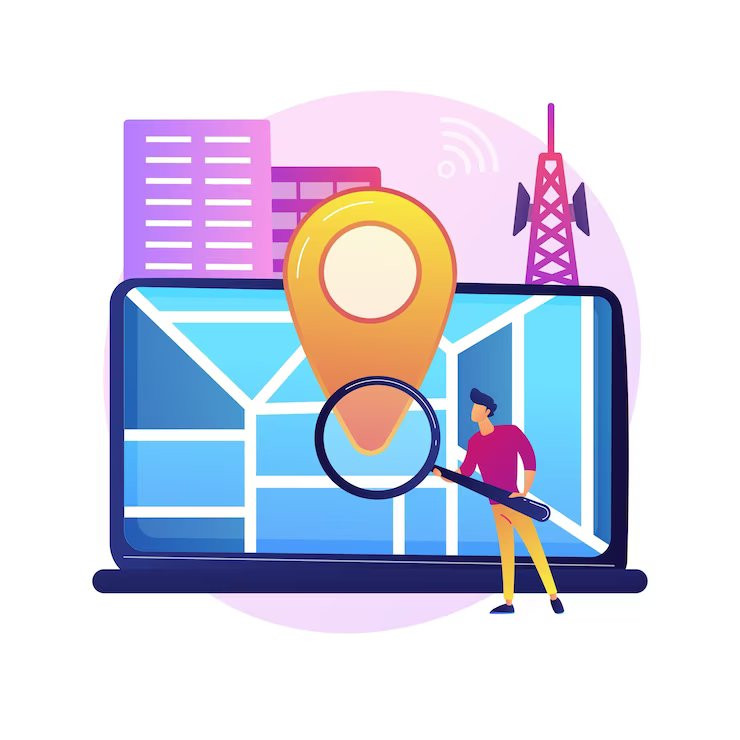
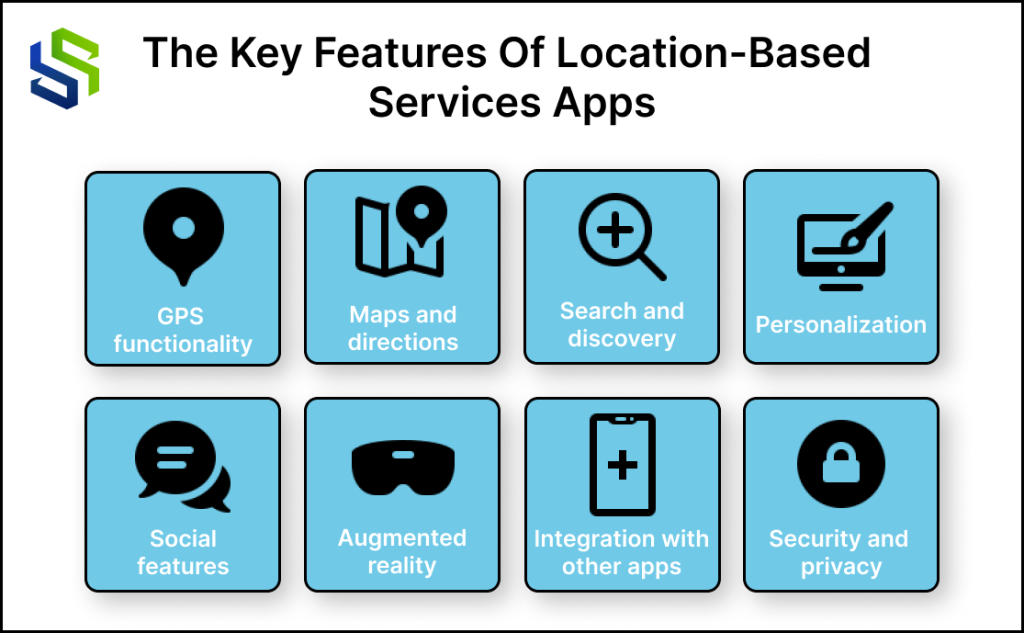

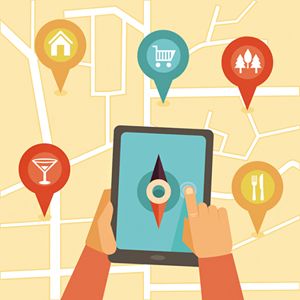
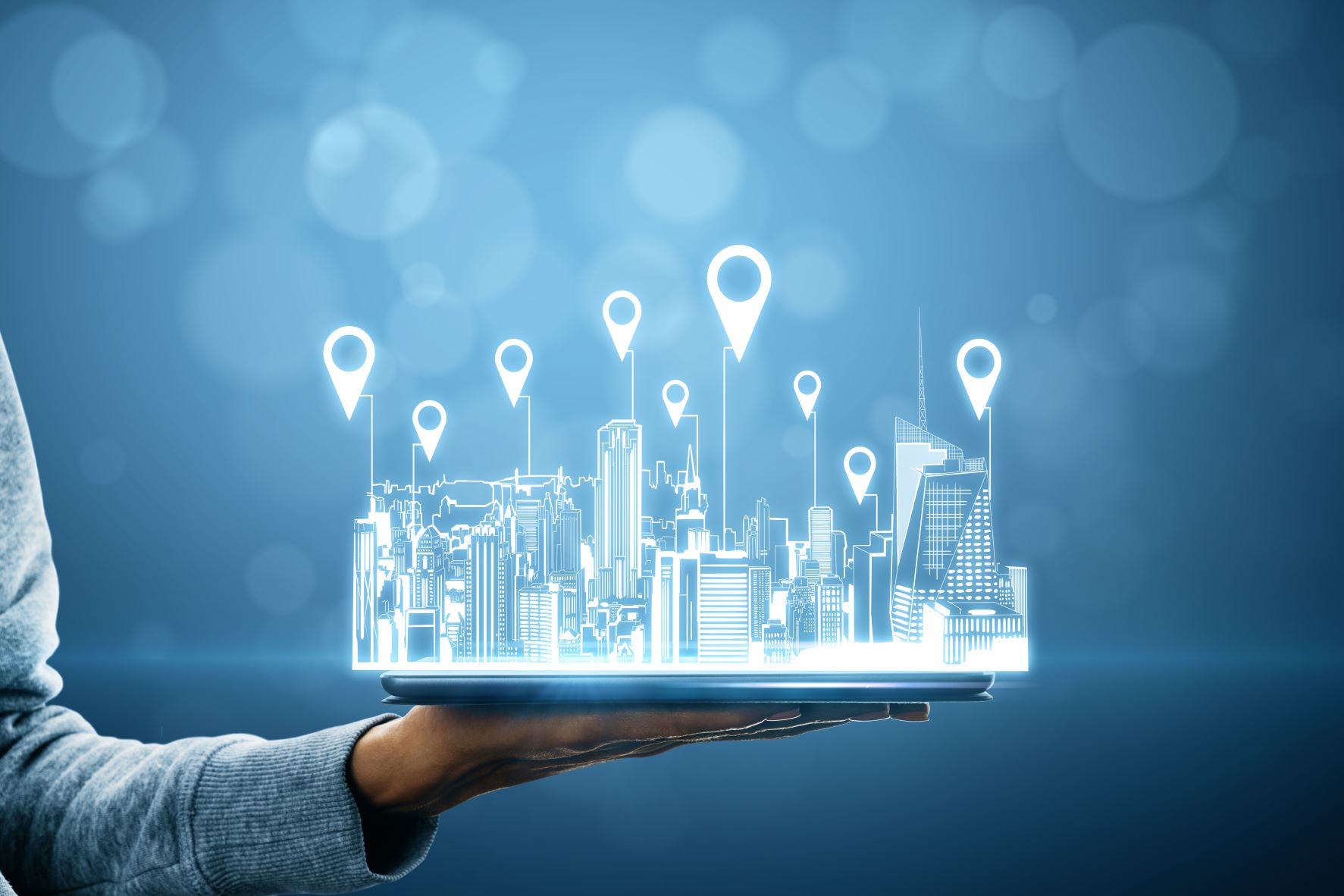

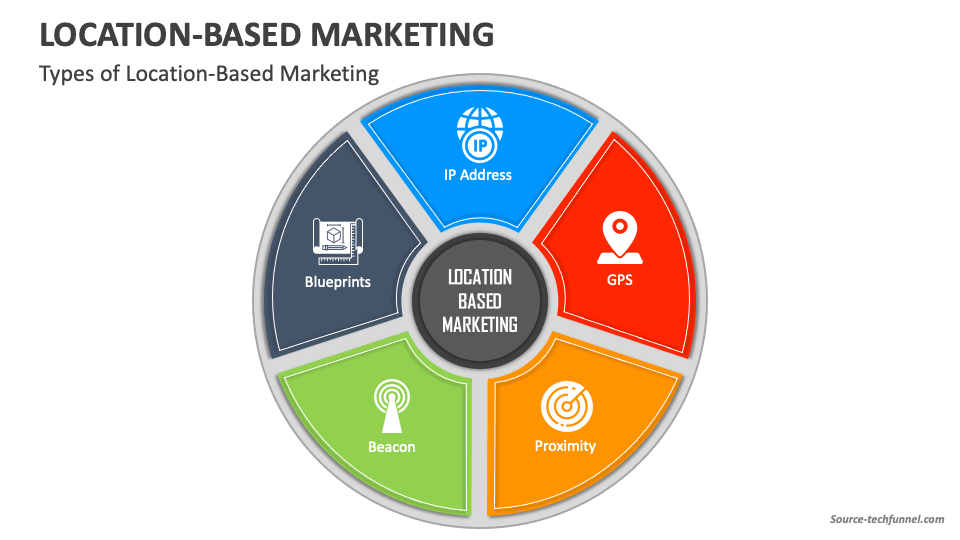
Closure
Thus, we hope this article has provided valuable insights into Navigating the World at Your Fingertips: The Power of Location-Based Services. We appreciate your attention to our article. See you in our next article!
